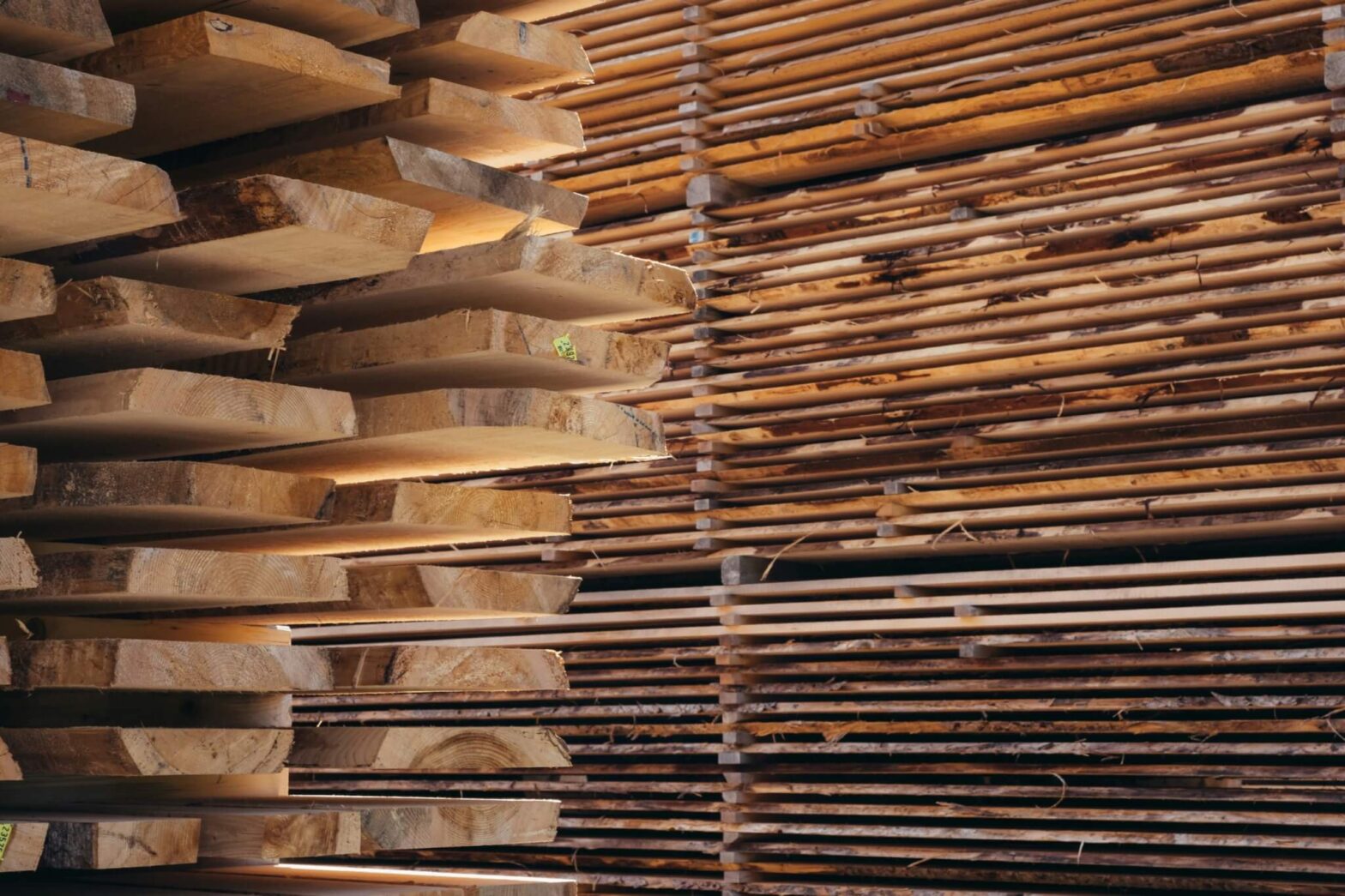Michigan is the latest state to launch an acceleration initiative Solid wood Construction. The new Michigan Mass Timber Catalyst Program will provide cash awards of between $25,000 and $75,000, as well as technical assistance and peer learning opportunities, to promote the use of engineered wood materials in new buildings around the world Mittenstate.
Although solid wood products are not yet manufactured in Michigan, interest in the material is growing rapidly. According to a MSU studyA facility producing 100,000 cubic yards of solid wood annually could increase the state's GDP by over $300 million. The program seeks to build on this momentum and align with broader state priorities in housing, sustainability and rural economic development.
“Mass timber can become an integral and important part of Michigan’s forestry economy, which generates more than $26 billion annually.” said Sandra Lupien, director of MassTimber@MSU at Michigan State University.
The benefits of mass timber include faster prefabricated construction, lower carbon content and the use of renewable materials. Michigan projects that have already benefited from these benefits include: STEM Teaching and Learning Building at Michigan State University; and the Department of Natural Resources (DNR) Customer Service Center. in Newberry, which opened in 2024 and was the first in the state to be built from locally sourced wood panels.
The Catalyst program, co-produced by Michigan DNRMassTimber@MSU, that Michigan Green Building CollaborativeAnd WoodWorkswill support early-stage projects that use mass timber as the primary structural or architectural material. Eligible applicants include developers, architects and property owners with active projects in the state.
The winning teams join a cohort led by MassTimber@MSU and Woodworks to address design, procurement, cost estimating and code approval challenges. The program is funded by a one-time grant from the State General Fund approved in accordance with Public Law 121 from 2024.
The Michigan Mass Timber Catalyst joins a growing list of regional programs aimed at anchoring timber construction in North America. In New York City it is NYCEDC's Mass Timber Studio is offering $25,000 in grants and technical assistance to early-stage projects as part of a citywide effort to reduce construction-related emissions by 50 percent by 2023. In the southeast Georgia Mass Timber Acceleratorsupported by the Georgia Forestry Foundation and the USDA Forest Service, provides financial technical assistance and carbon accounting to development teams exploring wood-based design solutions.
Together, these initiatives signal a national shift toward renewable building materials as states recognize mass timber's potential to advance decarbonization goals while strengthening local economies and, in many cases, supporting the need for more housing.
